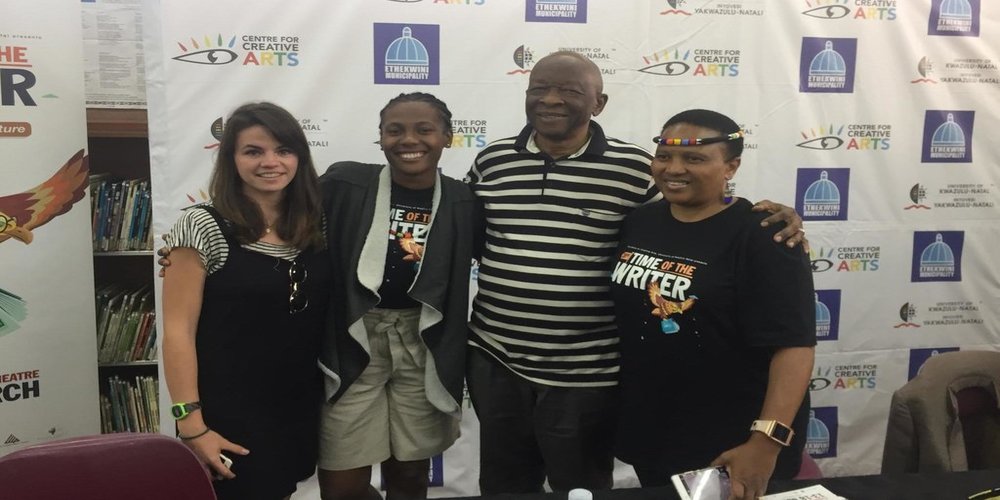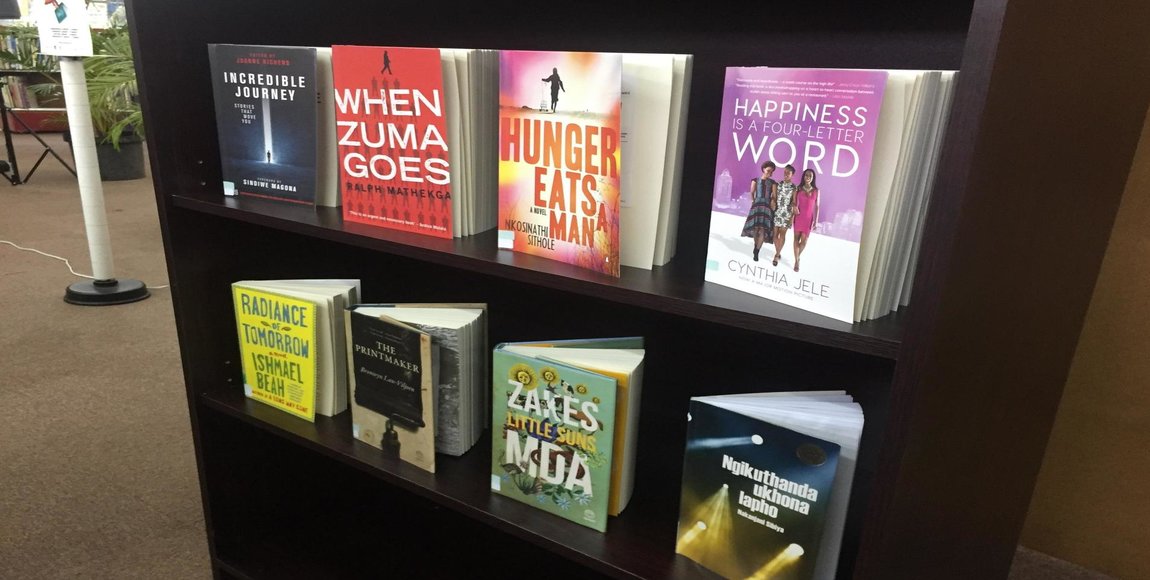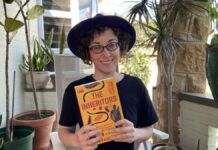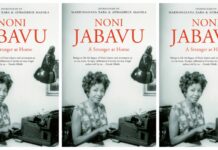The third day of Time of the Writer was an explosion of literary magic as libraries and schools across Durban featured talented writers discussing their work. Thursday morning saw various panels at Durban’s Bayview Library, with schoolchildren and members of the public excited to witness the writers in their elements. The Daily Vox spoke to Megan Ross and Sibongile Fisher, who are both young mothers telling their stories through the written word.

What does it mean to be a writer, as well as a young mother and young woman in a world that doesn’t value any of those things?
Ross: It’s extremely hard. It feels as though there’s a schism between my identities. One part of me is a mother but who I’ve always been is a writer. People always ask me about my son, but never about my work. My son’s father is always asked about his work. Socio-economically, childcare is expensive and I’m the main breadwinner in the family, so when I leave my child to write it’s seen as a taboo. There’s also a huge amount of guilt involved. I work all weekend and every evening, when his father takes him. It’s trying to write against a status quo. Becoming a mother means you’re desexed – you lose yourself and just become a mother. There’s an assumption that you’ve got your life together and can carry the load for others. Fathers don’t have to do that. Men are never considered to be too fatherly to be a writer. It’s a fight to preserve a sense of identity.
Fisher: You do lose your identity and your autonomy because you become responsible for someone else. Economic difficulty means that I can’t freelance and need a stable job which takes away from writing and reading time. It would be nice if the world could shift to acknowledge women’s work. The system imprisons us all.
What is the importance of reading and writing for young women?
Fisher: When you’re young is when you’re most useful. You have the greatest capacity to learn and read. Reading opens up new worlds and makes you feel less alone. It increases the emotional intelligence and empathy of a person.
Ross: I always say, society tells women to be quiet and erase their pain and their thoughts and feelings. There is so much secrecy in being a woman. Being a woman who writes is subverting that by making external what is internal. You are sharing and creating parallels between women. Reading and writing means speaking back and speaking at someone.
What advice do you have for young women writers to start writing?
Fisher: Just do it. Just stop thinking about what’s happening externally and write. Black women writers are necessary, in the sense that we are writing about our experiences and not allowing others to choose our topics for us. You don’t need to assume a role as a heroine or a mother. You don’t have to write about power or strength or freedom.
Fisher: “You want to write? Just do it. Just do it. Don’t worry about anything else.” #TOW2017 pic.twitter.com/E87UjYHiw1
— The Daily VOX (@thedailyvox) March 16, 2017
Ross: There’s no formula for being a writer or woman or mother. You will face criticism everywhere and carry ghosts everywhere you go. To begin writing, something has to give and your social life is often the biggest sacrifice. Make space for writing, don’t go out and take the time to write. Carry a notebook and pen, and read! Read as much as possible! It’s not an insurmountable task, build a body of work. You do that by finishing what you’re currently working on. Enter competitions and enter calls for anthologies.
What is it like to raise young sons as as young feminists?
Fisher: My boyfriend doesn’t subscribe to patriarchal gender roles. He takes up the role of a father; my son will not witness that roles are for either gender with us. We will teach him to think critically about issues such as rape culture from a young age so he won’t perpetuate these aspects of the patriarchy. I won’t limit what he watches or reads, but I’ll explain problematic things to him so he understands different perspectives.
Ross: I was genuinely scared when my son was born, because my white son is the archetypal oppressor. I wanted to grow him and influence him against that. His father teaches him gentleness and softness. We don’t want defined gender roles for him. We teach him issues of consent, we never force him to hug or kiss anyone.









